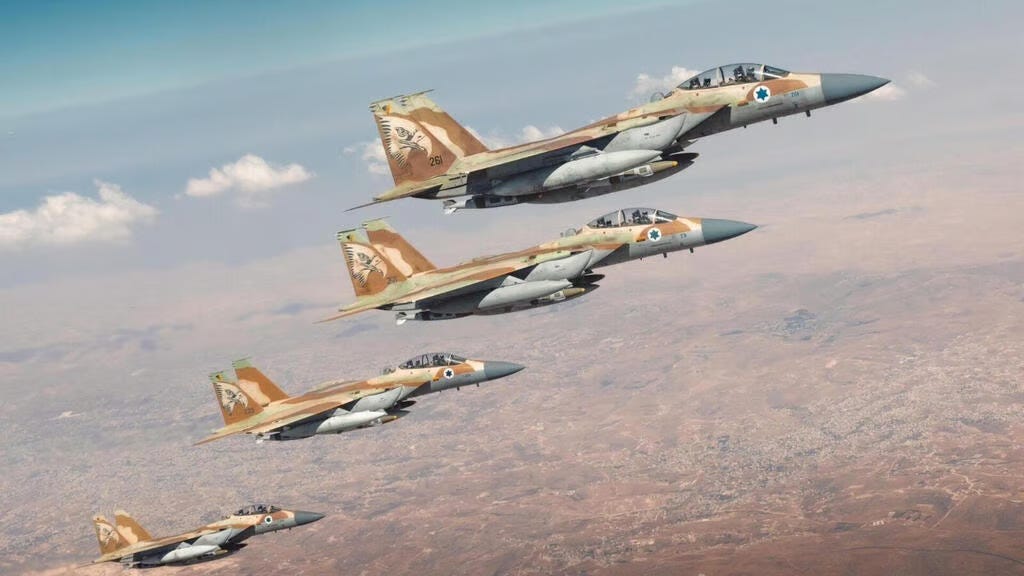A Hopeful Deja Vu
The radical changes that took place in the Middle East as a result of the Six-Day War did not happen immediately. Will the region once again be transformed?
The situation might sound familiar. A major Middle Eastern power declares its intention to destroy the State of Israel and, to help carry out that goal, surrounds us with massively armed proxies. Israel, however, does not wait around to be annihilated. We strike and defeat the proxies, one after another, and deliver a crushing blow to the hostile Middle Eastern power. This victory radically transforms the region and results in significant progress towards peace, but the process takes time. A decade will pass before the full impact of Israel’s military triumph will be registered.
The scenario will indeed sound familiar to Israelis who remember the period before the Six-Day War. Under the leadership of Gamal Abdel Nasser, Egypt, the most powerful Arab state, pledged to “throw Israel into the sea,” and enlisted proxies – Jordan, Syria, Iraq and Palestinian terrorist organizations – to help him realize his vision.
Nasser was not only the president of Egypt but also the champion of the Pan-Arab movement, which sought to unite the entire Middle East into a unified Arab state. In such a region, there was certainly no place for a Jewish state.

In recent years, Egypt’s place was taken by Iran. It also vowed to destroy Israel and mobilized proxies–Hamas, Hezbollah, Shi’ite militias and the Houthis–to assist. As in 1967, Israel struck back, greatly degrading the proxies and achieving a stunning military victory over Iran. But will history now repeat itself? Will the Middle East again be transformed and the cause of peace once more advanced?
It’s important to remember that the radical changes that took place in the Middle East as a result of the Six-Day War did not happen immediately. Nasser remained in power for another three years, and his successor, Anwar Sadat, made war against us in 1973. But the idea of Pan-Arabism never recovered, and ten years after the 1967 war, that same Sadat visited Israel and began negotiating peace.
The discredited Pan-Arabism was replaced by Pan-Islamism as represented by Iran and its jihadist allies. The current war may have the same effect of discrediting Pan-Islamism and its leaders. But this, too, may take time. Significantly, the Ayatollahs are no longer emphasizing the Islamic foundations of their regime but rather emphasizing Iranian nationalism. That is precisely the process that occurred in post-1967 Egypt.
The full impact of the war that began on October 7, 2023, and continues to this day may not be felt for years to come. We may have to once again fight Iran as we once did Egypt. But the status quo that existed before October 7 has been irreparably shaken, and the regional aftershocks will be felt for years. A decade from now, when we have peace with most of the Sunni world and perhaps even with Iran itself, we can look back and say, “As in 1967, it was all because of the war.”







